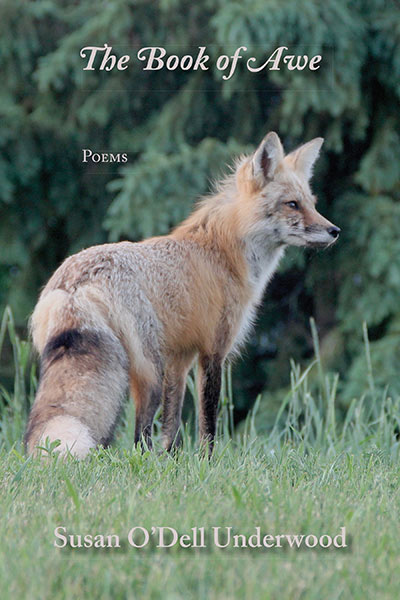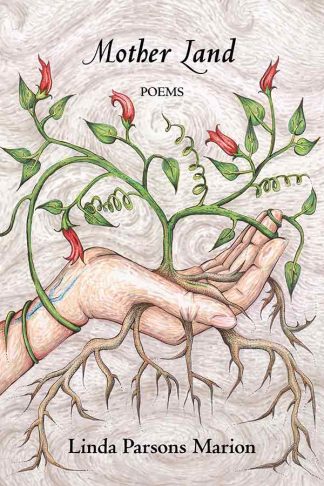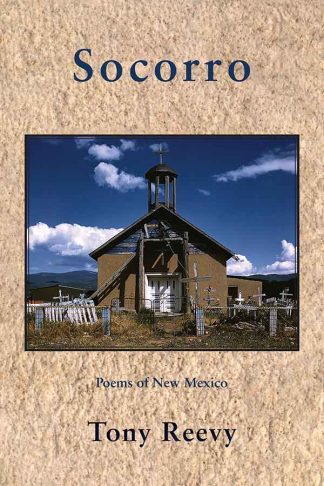Description
The poems in The Book of Awe remind us through images of the natural world—clover, vetch, chickadees, honey bees, rainbow trout—that awe is rooted in the simplicity of awareness. Awe, we’re reminded, is not the lightning bolt of grandiose surprise, which tends toward alienation. Instead, awe is fostered by rapt attention. Awe creates kinship between mere awakening and understanding. But beyond the initial native recognition in these poems of creation’s urge, there is a devastated awareness of environmental disaster. Nature is no longer whole and pristine, if we are truly attentive. The Book of Awe is also about reckoning with environmental decimation all around us. Here on these pages is native naivety balanced with ugly recognition, worshipful attention but also fury, sanctuary and disruption, blessing and culpability. The poems draw their power from the ecological condition for spirituality: the belief that the physical and emotional status of humanity is inextricable from every other spirit on the planet. If these poems preach, the sermon is about perception. By naming the ineffable we are brought deeper into the stunning cosmos. Only with true practiced awe may we see what the simplest lives reveal to us: “There is no place so small it doesn’t need a name.”
Praise for The Book of Awe
Susan O’Dell Underwood is uniquely aware as a thinker and writer, and that awareness results in startling, vital poetry. The words of Leonard Cohen, sung to fame by Cree singer-songwriter Buffy Saint-Marie, might best describe this book’s heartbeat: “God is alive; Magic is afoot.” With lines spiritual at a cellular level, The Book of Awe praises truth and mystery again and again. Every poem in this collection will shake the reader to wakefulness.
—C. Ann Kodra, Under an Adirondack Moon
The Book of Awe is the book that we need right now. Like the “gorgeous faith of roots against the sand’s erosion,” Underwood celebrates God’s immanence in the world despite natural disaster and human error. While Underwood’s topics—hubris, spite, gratitude, love—are ambitious, she centers her poems in the tangible miracles of canyons, fields, and lightning bugs. In the lovely image of a “little doe” who symbolizes grace, Underwood gives the reader hope that no matter the pain, resurrection remains possible. These luscious, lyrical poems remind us that words keep us alive.
—Anya Krugovoy Silver, I Watched You Disappear and from nothing
Susan O’Dell Underwood’s The Book of Awe is a bracing, brave, bittersweet report of what the poet has heard with her ear “pressed to the planet’s pulse” and to “the craving soil… rapt with quivering.” In poems that ponder sequoia trees, oil spills, rag dolls, and jellyfish, Underwood finds the world wonder-filled, instructive, and God-haunted. Underwood shows us that the things of the world—a kettle of water, coveralls, snakeskins, rock formations—the things we observe and listen to and bide with can astonish us, can become ways for us to “know sometime, somewhere the wild inevitable beauty.”
—William Woolfitt, Charles of the Desert: A Novel in Verse




